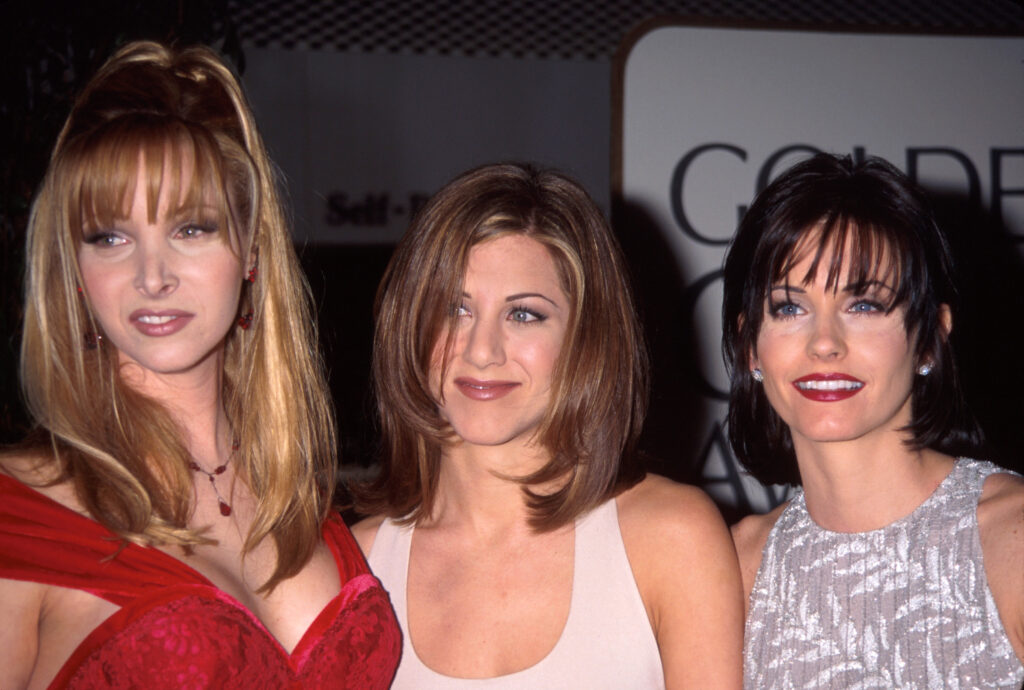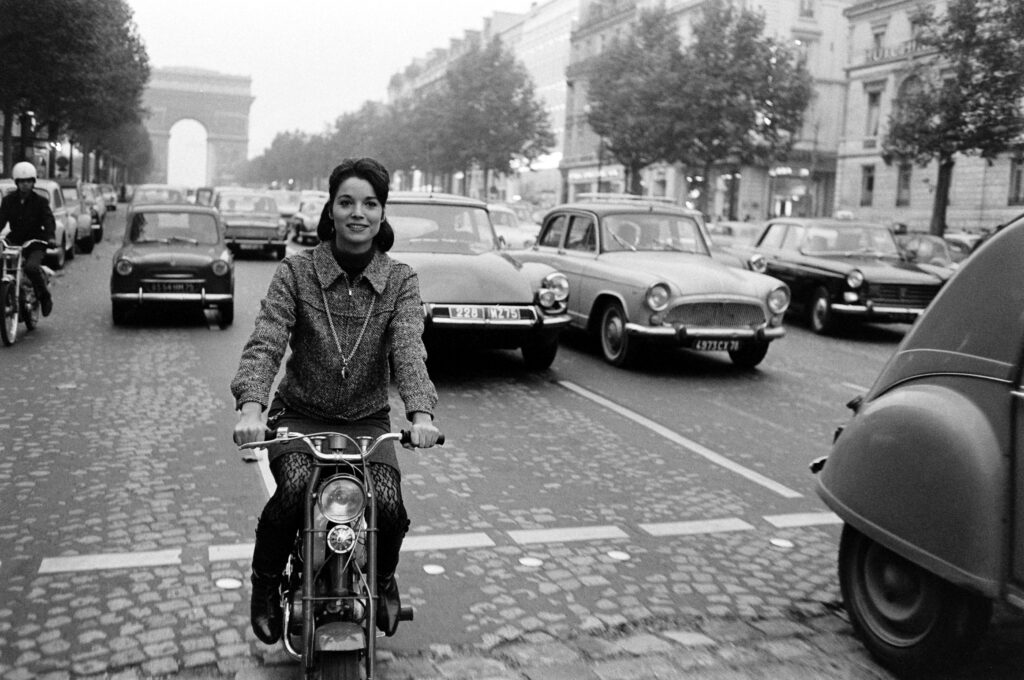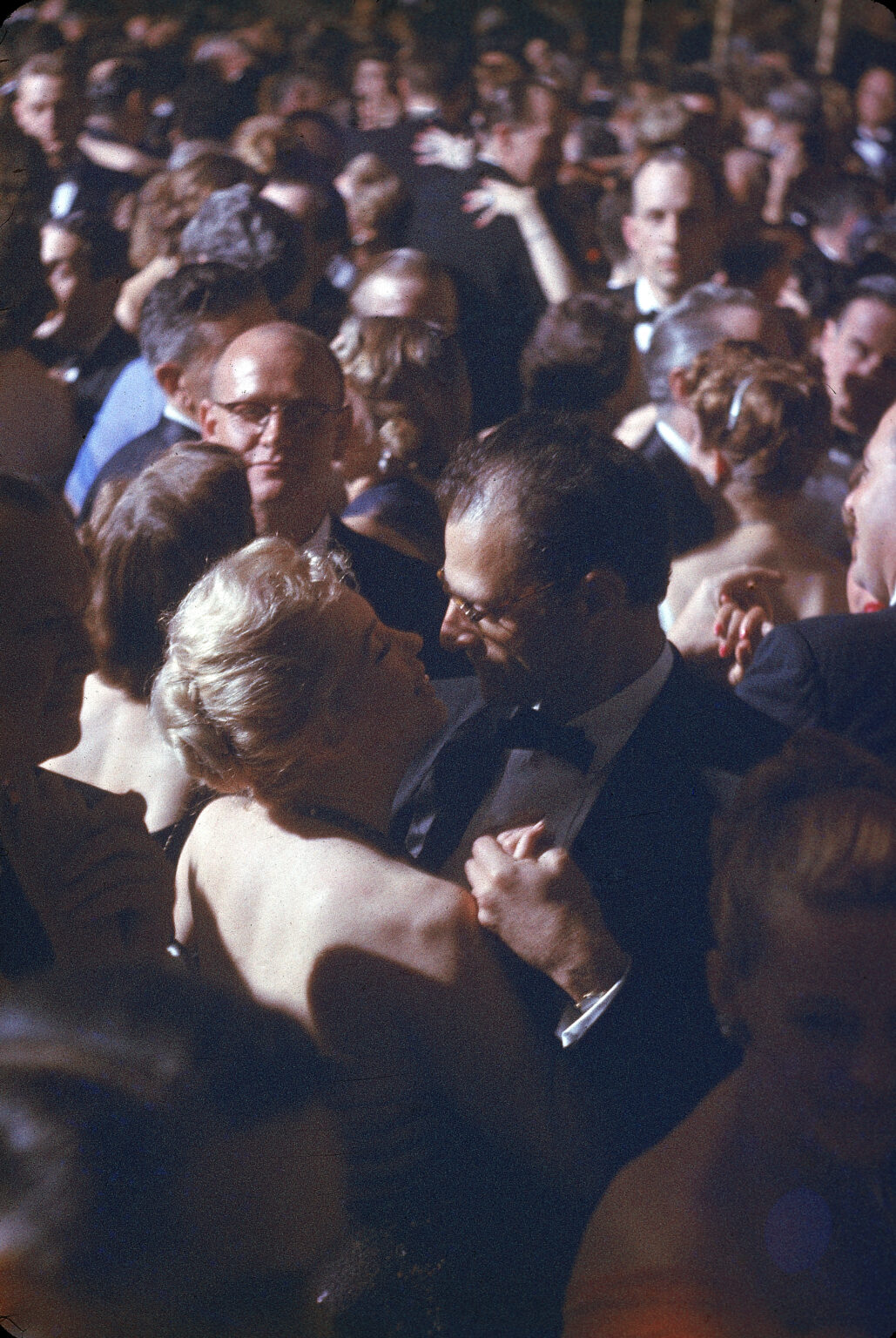Written By: Eliza Berman
Jesse Owens’ triumph at the 1936 Berlin Olympic Games is one of the great stories of American sport, and a victory that might never have happened had the track star not decided that his competing would be a statement against Hitler’s racist regime.
But the story of Owens’ post-Olympic life a difficult one. His athletic feats did not exempt him from the struggles wrought by institutionalized racism in his home country, and those struggles could not be erased by any number of gold medals. As he would later say, “After I came home from the 1936 Olympics with my four medals, it became increasingly apparent that everyone was going to slap me on the back, want to shake my hand, or have me up to their suite. But no one was going to offer me a job.”
He attempted to capitalize on commercial offers following his victory, but those quickly dried up. He bought a Negro League baseball team, but the league disbanded after a few short months. He worked as a gas station attendant, ran a dry cleaning business and even raced against horses in an endeavor he recognized might be perceived as degrading, but as he explained, “You can’t eat four gold medals.”
In 1955, nearly two decades after the Olympics, the U.S. State Department dispatched Owens, then 42, on a goodwill tour of India. LIFE photographer James Burke documented the trip, during which the Olympian coached Indian athletes and gave speeches to schoolchildren. The magazine called him “a practically perfect envoy in a country which has violently exaggerated ideas about the treatment of Negroes in the U.S,” hinting at the political motives that may have been at play in the decision to send him overseas, and noted that Owens “generally charmed everybody in sight.”
Even so, the trip did not erase financial problems at home. Owens’ life would be cut short by lung cancer in 1980. His legacy, however, persists.
Liz Ronk edited this gallery for LIFE.com. Follow her on Twitter @lizabethronk.

Jesse Owens demonstrates his form to sprinters in India.
James Burke The LIFE Picture Collection/Shutterstock

Jesse Owens coaches Indian athletes during his goodwill tour in 1955.
James Burke The LIFE Picture Collection/Shutterstock

Athletes huddle around Owens in India, 1955.
James Burke The LIFE Picture Collection/Shutterstock

Owens helps Indian athletes with their starting positions, 1955.
James Burke The LIFE Picture Collection/Shutterstock

Owens demonstrates good form, 1955.
James Burke The LIFE Picture Collection/Shutterstock

Owens helps Indian runners learn good form, 1955.
James Burke The LIFE Picture Collection/Shutterstock

Attentive athletes look on as Owens coaches them during his 1955 trip to India.
James Burke The LIFE Picture Collection/Shutterstock

Owens addresses schoolchildren as goodwill ambassador to India, 1955.
James Burke The LIFE Picture Collection/Shutterstock

Original caption: “Arithmetic lesson by Owens interrupts the routine of a class of 6-year-olds at a Delhi school.”
James Burke The LIFE Picture Collection/Shutterstock

Jesse Owens speaks about sportsmanship to students at Delhi University.
James Burke The LIFE Picture Collection/Shutterstock

Original caption: “One end of cloth clenched between his teeth, Jesse Owens learns the trick of turban-wrapping in manner of the Sikhs as he visits New Delhi.”
James Burke The LIFE Picture Collection/Shutterstock



















